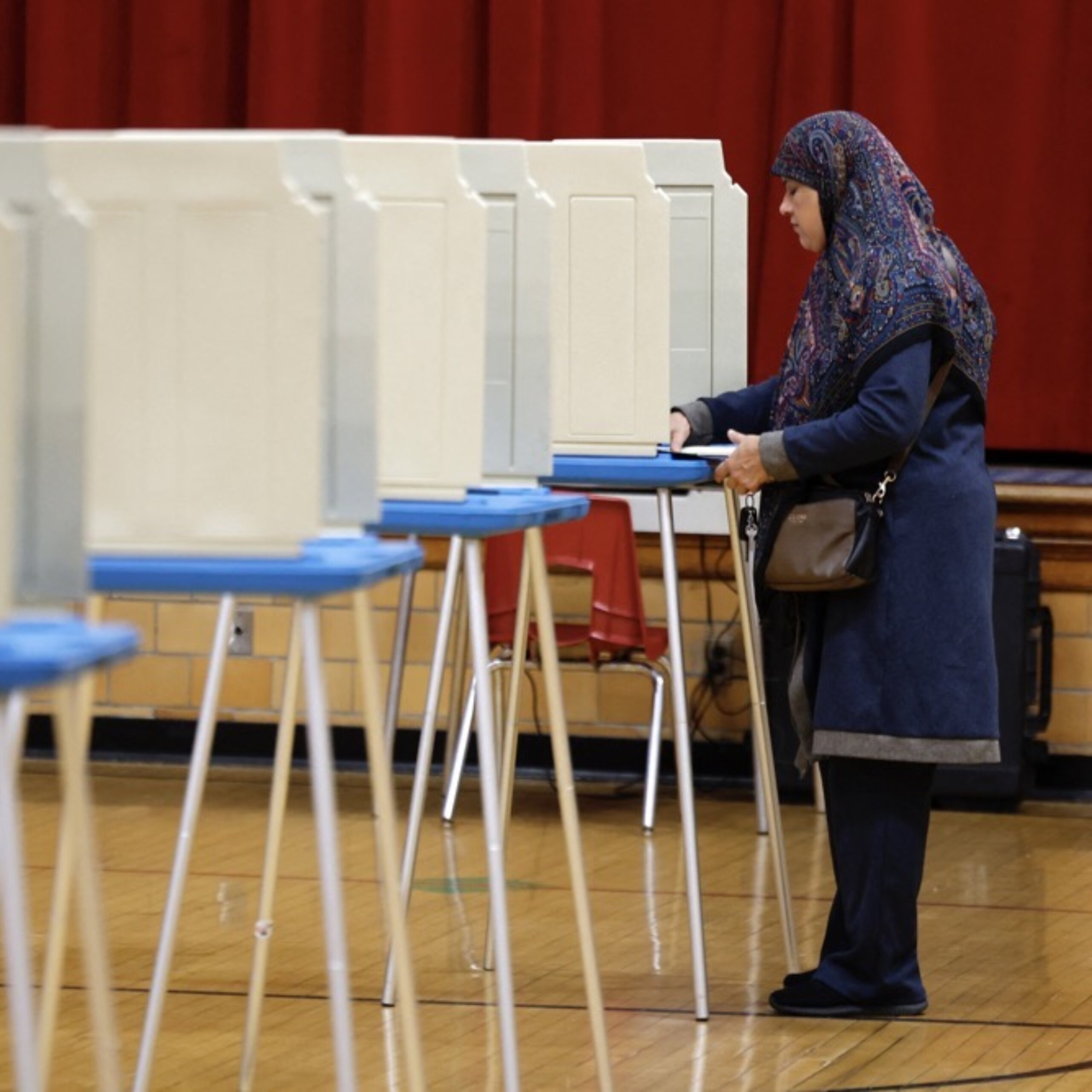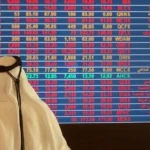November 5 marks the last day of voting for tens of millions of Americans on Election Day. As the last bout of voters flock to the voting booths, a divided sentiment looms over the Middle East region and the Arab American diaspora scattered across the globe. Similar to other demographics in the US, Arab Americans also prioritize economic stability and job growth in this election. A similar sentiment echoes beyond the Atlantic Ocean, where Middle Eastern experts debate policies proposed by Trump and Harris and their likely impact on the region.
Mohamed Hashad, chief market strategist at Noor Capital, stresses that “market stability and steady economic growth” are central to the Middle East’s stake in the 2024 presidential election. “Trump’s stance might reduce market volatility, fostering a favorable environment for equity. On the other hand, Harris’s focus on regulatory stability could offer a resilient framework for sustainable growth, appealing to investors who value risk management,” said Hashad.
In contrast, Vijay Valecha, chief investment officer at Century Financial, bets on a Harris presidency. According to Valecha, Harris seems to be a better candidate, opting for tariffs to be used as tools for controlling trade rather than revenue-generating tools.” He continued, “She has proposed a first-ever national price-gouging ban on food and groceries, aimed to curb corporations from inflating prices unfairly at the consumers’ expense.”
Arab Americans, however, are rallying for a Trump victory. The growing pro-Trump sentiment in the Middle East stems from rising anger with Harris over the ongoing geopolitical tensions between Israel and Gaza. Valecha justifies the demographic trend, stating that it “continues”; however, if Trump were to become president, despite his history of anti-Muslim and anti-immigrant rhetoric, he would put an end to the tensions.
Michigan, one of the swing states that could decide the fate of the presidency, is inhibited by thousands of Arab voters. In his visit to Dearborn, Trump met with dozens of Arab Americans, where he promised “peace” in the Middle East. Additionally, several Arab and Muslim Americans in the US hold President Biden and Vice President Harris responsible for the genocides in Gaza and Lebanon, thus choosing to opt for Donald Trump in the 2024 elections, regardless of his “pro-Israel” stance.
The “ideal” US president would “not adopt unfavorable trade policies with foreign countries, especially as the U.S. tries to focus more on stimulating domestic industry in a bid to enhance its own economic activity,” according to Valecha. A multilateral approach potentially involving other allies in a series of diplomatic agreements is crucial to restoring peace in the Middle East.
Hashad warns that Middle Eastern markets are already bracing for “surprise results, particularly if Harris were to win, which could drive sudden market shifts.” Market fluctuations observed in the last week indicate that “investors have already started pricing in potential outcomes,” said Hashad. The likelihood of political gridlock may stabilize investor sentiment, as it historically limits the potential for abrupt policy changes. “This configuration is often viewed favorably, with markets generally seeing modest gains before elections, followed by careful recalibration as post-election realities set in,” Hashad reassures as a market brace for sudden impact.






